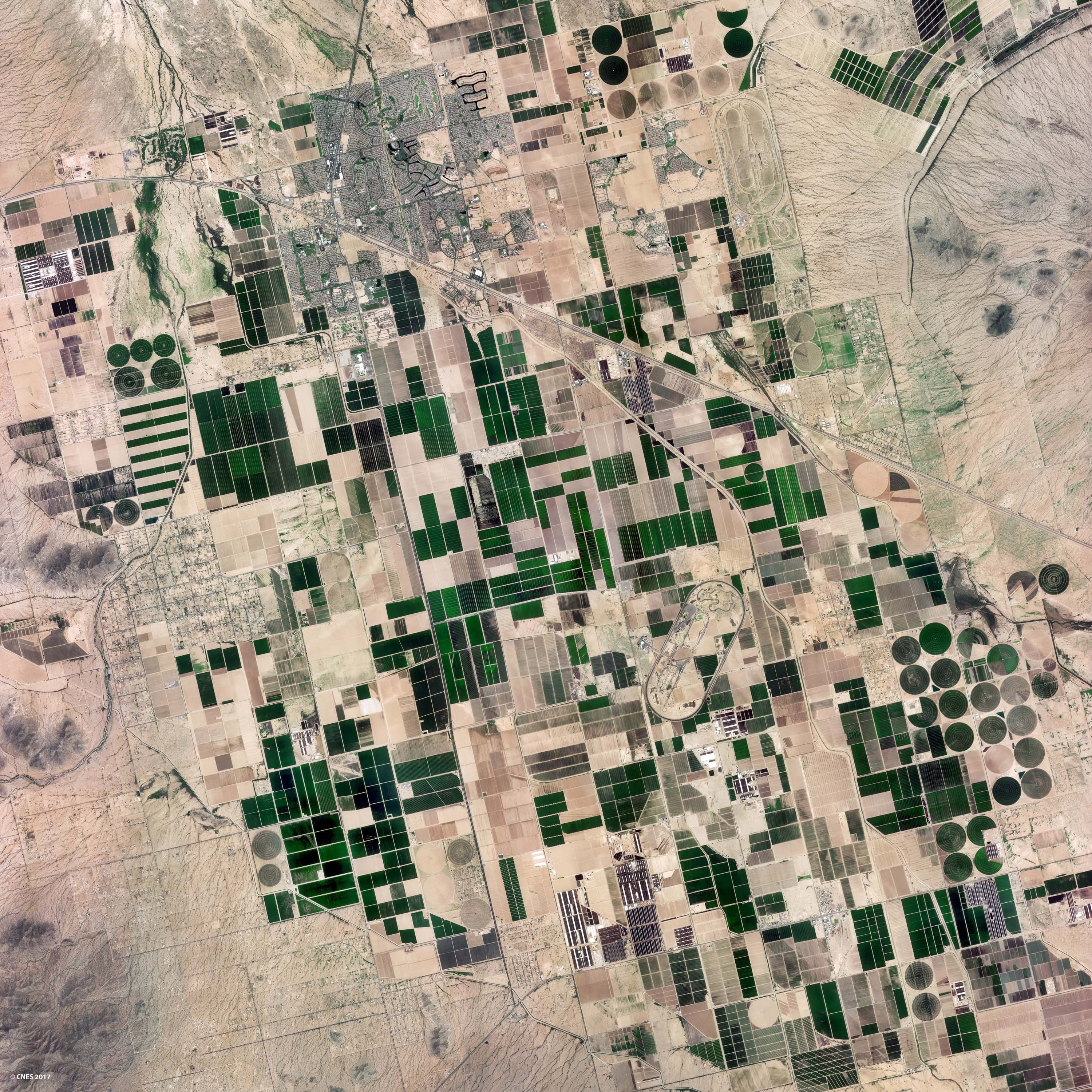The vocation of CESBIO is to develop knowledge on the functioning of the continental biosphere on different spatial and temporal scales by making extensive use of space-based remote sensing. This knowledge enables CESBIO’s researchers to propose new space missions for Earth observation.
CESBIO’s research work has a dual purpose methodological and thematic.
The methodological developments are carried out within the framework of the two teams that structure the laboratory:
- Team modelling: development of explanatory or predictive models of the functioning of continental surfaces under the pressure of climate and anthropogenic changes, from 1D to 3D and at different spatial and temporal scales.
- Team observation systems: design of new space missions and in situ observation devices, image processing algorithms for the ground segment and the development of thematic products with a marked speciality around time series.
This work feeds thematic research on the functioning of continental surfaces and interfaces (agrosystems, forest, natural and urban ecosystems, water and carbon cycles, climate change, etc.). This research is carried out on geographical sites (South-West and abroad: Morocco, Tunisia, Lebanon, India, Viet Nam), where specialists from different fields meet to raise new scientific questions and where CESBIO maintains partnerships with land managers.
The information acquired by CESBIO and its partners on its various worksites is capitalized in an Environmental Information System and feeds the OSR (Regional Space Observatory). The OSR is a National Information System labelled by CNRS/INSU since 2007 and deployed today on agricultural basins near Toulouse and Marrakech. It provides a calibration and validation base for space missions and for information extraction algorithms, and an experimental field for conducting thematic research on instrumented sites. Part of the measurements of the OSR Sud-Ouest contributes to the ICOS network (Integrated Carbon Observation System). By becoming in 2017 a member of the PYGAR (Pyrénées Garonne) Workshop Zone , CESBIO has made the resources of the OSR available to a wider scientific community.

